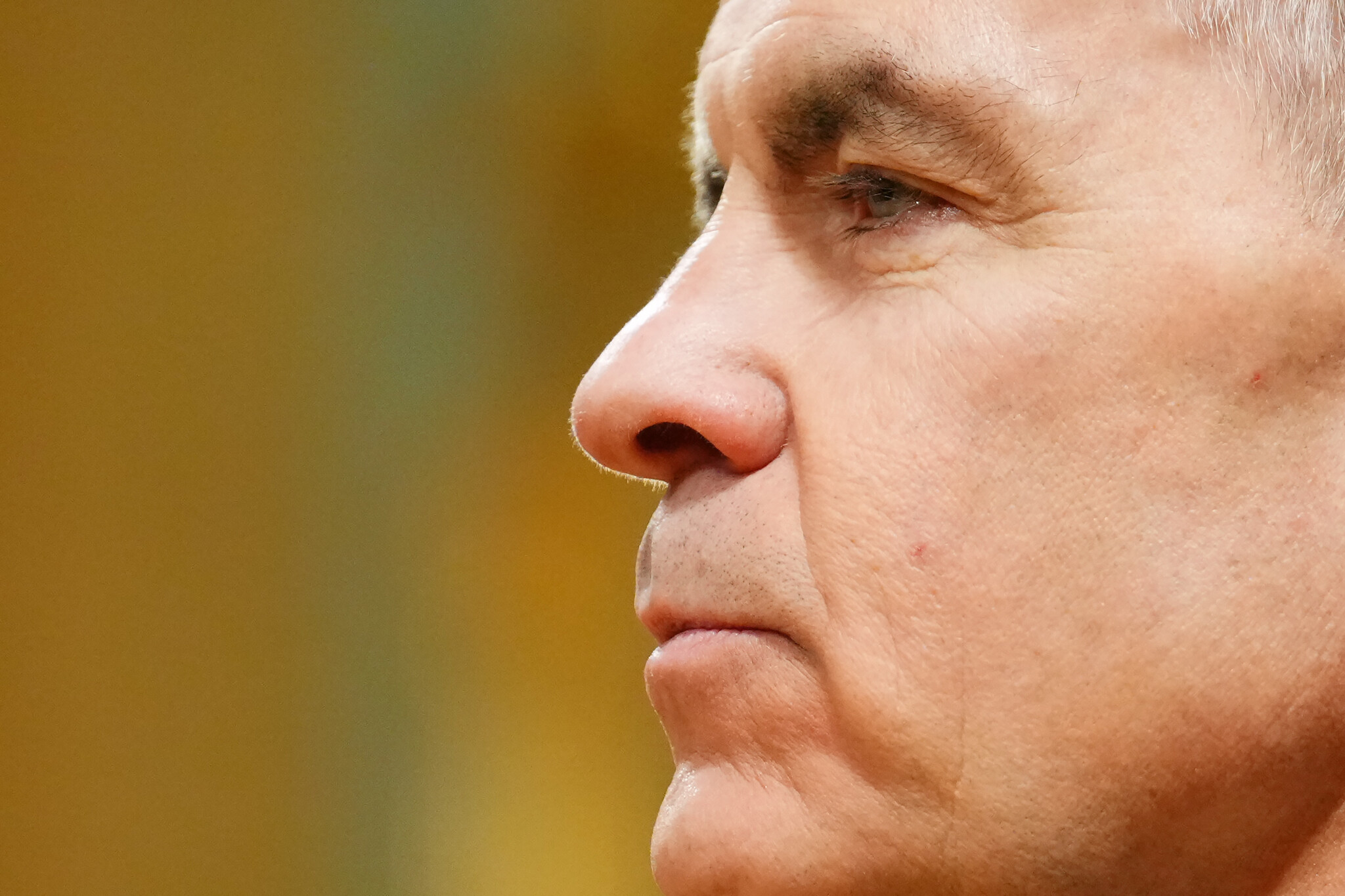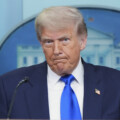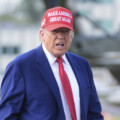Mark Carney thinks your speech might be pollution.
At last week’s federal leaders’ debate, Mark Carney invoked the Charter with lofty words: “One of the core responsibilities of the federal government and the prime minister is to defend the fundamental rights and liberties of Canadians.” But in a recent campaign rally in Hamilton, Ontario, the Liberal candidate lamented the “sea of misogyny, antisemitism, hatred, conspiracy theories—the sort of pollution that’s online that washes over our virtual borders from the United States.” Framing it as a kind of toxic runoff, he promised: “My government, if we are elected, will be taking action.”
This wasn’t just rhetoric. The metaphor was revealing. Carney didn’t describe online hate as a problem of discourse, democratic tension, or even criminality—but as environmental contamination. In this frame, harmful speech isn’t something to be debated or rebutted. It’s something to be regulated, neutralized, or purged.
But speech isn’t carbon emissions. And the harms of restricting it—especially under vague and subjective definitions of “hate”—are not benign. Unlike hazardous chemicals or viral outbreaks, the “harm” of a Tweet is a cultural and interpretive judgment, not a measurable scientific fact. Once governments begin defining and punishing digital “harm,” the effect is to chill lawful expression, restrict dissent, and outsource judgment to unelected regulators and risk-averse platforms.
We’ve seen this movie before. The Trudeau government’s Online Harms Act proposed a sweeping regulatory regime in which a new digital safety ombudsperson would wield the power to flag, filter, and suppress allegedly harmful content—even before judicial oversight. That bill died on the order paper in January. A similar proposal, Bill C-36, met the same fate in 2021. Still, then-Heritage Minister Pascale St-Onge made clear that censorship remained on the table: “We are in challenging times right now,” she warned in February.
It’s no surprise Carney would revive such legislation. His worldview leaves little room for liberty. In Value(s): Building a Better World for All, Carney argues that markets—and market democracies—have lost their moral compass. They’ve mistaken market value for moral value. What we need, he says, is a reorientation toward shared social goods: fairness, sustainability, solidarity.
In Carney’s thinking, liberty is not an end in itself. It is one value among many, to be balanced against others—like equity, cohesion, or environmental stability. He draws inspiration from thinkers like Amartya Sen and Michael Sandel, who challenge neutral liberalism and advocate for more “morally informed” governance.
Carney explicitly endorses limits on individual freedom when it conflicts with collective purpose. Reflecting on the pandemic, he wrote approvingly: “We have acted as Rawlsians and communitarians, not as utilitarians or libertarians.” He sees expert-led governance not as a necessary evil, but as a higher ideal. In Value(s), he champions carbon pricing, global regulatory alignment, and centralized oversight of economic and environmental policy. If institutions must “nudge” citizens—or compel them—for the sake of long-term goals, so be it.
So what happens when Carney’s abstract philosophy comes up against concrete dissent?
In early February 2022, amid the Freedom Convoy protests, Carney took to the Globe and Mail to denounce demonstrators—most of whom were peacefully opposing lockdowns, school closures, and vaccine mandates—as guilty of “blatant treachery.” The protest, he declared, was “sedition.” He demanded the government “[choke] off the money that financed this occupation.”
That piece was published a week before the Trudeau government invoked the Emergencies Act. Soon after, the RCMP provided names to banks, who froze the accounts of individuals involved with the protest. Innocent spousal co-holders lost access to funds. Child support payments were blocked. In January 2024, a Federal Court judge ruled the account freezes unconstitutional: a violation of Charter protections against unreasonable search and seizure. The government is currently appealing the decision.
Carney’s op-ed stopped short of directly endorsing the invocation of the Emergencies Act. But his words made clear he approved of financial sanctions—and possibly worse. Sedition, after all, is a crime punishable by up to 14 years in prison. For all of his posturing of the importance of the Charter in protecting individuals against politicians, he certainly seems willing to bend this principle under pressure.
We still don’t know how Carney would govern if elected prime minister. Political pragmatism may temper some of his convictions. But instincts matter. When protected speech becomes “pollution” to be regulated and bank accounts of protestors become “seditious,” Carney’s instincts merit pause.









